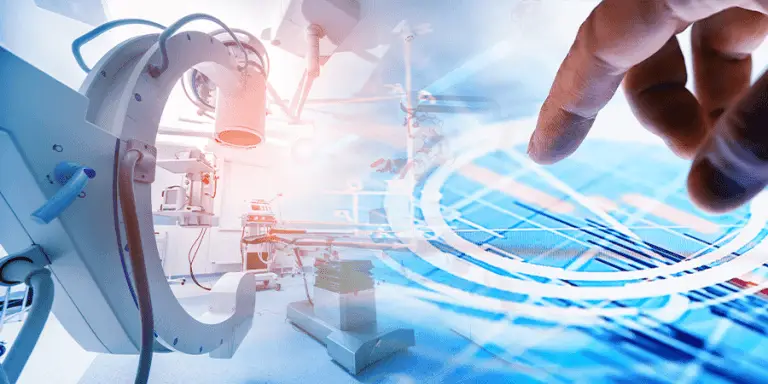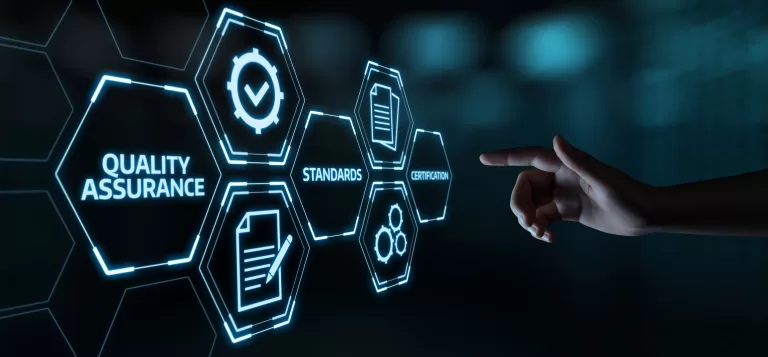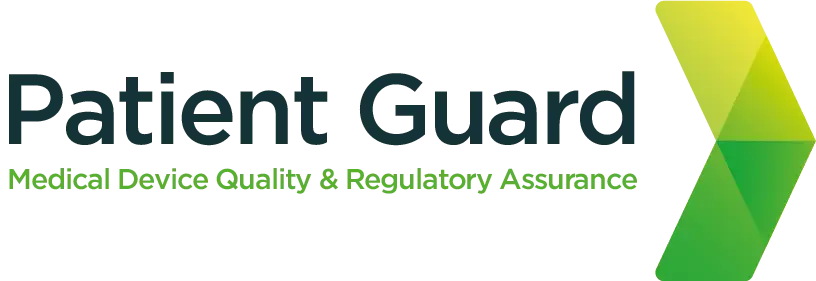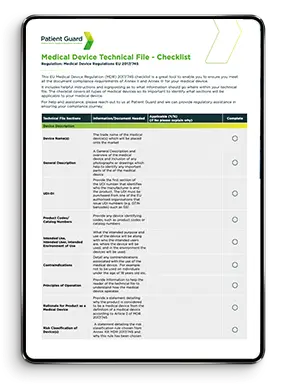Post Market Surveillance
We provide support with Medical Device and IVD Post Market Surveillance Requirements. Providing Manufactures with advice and support with PMS and Vigilance activities for products on the EU and UK market.

What is Medical Device Post Market Surveillance?
Post-market surveillance (PMS) involves continuously monitoring and evaluating medical devices after they enter the market. These devices are actively used by patients and healthcare professionals. PMS plays a vital role in ensuring regulatory compliance and maintaining quality in the medical device industry.
The primary purpose of PMS is to:
Monitor Safety and Performance:
Identify Adverse Events:
One key objective of PMS is to detect and assess adverse events linked to medical devices. These events may include malfunctions, complications, injuries, or other unexpected outcomes. Quickly identifying and reporting adverse events is crucial for protecting patient safety and implementing corrective actions.
Evaluate Device Effectiveness:
PMS also includes evaluating the effectiveness of medical devices in clinical practice. This involves assessing factors like usability, patient outcomes, satisfaction, and overall performance compared to alternative treatments or devices.
Support Regulatory Compliance:
Regulatory authorities, including the MHRA in the UK and the European Medicines Agency (EMA) in the EU, require medical device manufacturers to perform post-market surveillance. Meeting PMS requirements ensures devices stay safe and effective throughout their lifecycle while complying with regulatory standards.

What is Medical Device Vigilance?
Vigilance of medical devices involves systematically monitoring and reporting adverse events or safety concerns related to their use. This process is essential for regulatory compliance and quality assurance, ensuring devices remain safe and effective throughout their lifecycle.
The vigilance process typically includes the following key components:
Adverse Event Monitoring
Healthcare professionals, patients, and manufacturers are encouraged to report adverse events or incidents involving medical devices. These events may include malfunctions, patient injuries, device failures, or other unexpected outcomes.
Adverse Event Reporting
Manufacturers must collect and evaluate reports of adverse events related to their medical devices. Based on the severity and nature of the event, they may need to report these incidents to regulatory authorities, such as the MHRA in the UK or the European Medicines Agency (EMA) in the EU.
Data Collection and Analysis:
Reports of adverse events are analysed to detect patterns, trends, or signals that may reveal potential safety issues or risks linked to medical devices. This data analysis is essential for prioritizing further investigations or actions to address identified concerns.
Risk Assessment and Management:
Based on vigilance findings, manufacturers may perform risk assessments to evaluate the severity and likelihood of potential risks associated with their medical devices. They then implement risk management strategies to mitigate these risks and maintain the devices’ safety and effectiveness.
Communication and Collaboration:
Effective communication and collaboration among manufacturers, regulatory authorities, healthcare professionals, and patients are vital for successful vigilance activities. Transparent communication ensures timely information sharing and coordinated responses to safety concerns.
PMS in the United Kingdom (UK):
Why Vigilance and Post-Market Surveillance Matter:
Vigilance and Post-Market Surveillance are crucial aspects of medical device regulations, focused on monitoring the safety and performance of devices after market entry. As healthcare evolves and technology advances, continuous monitoring is essential to quickly identify and address potential risks or adverse events. Adhering to MHRA guidelines and the Medical Device Regulations 2002 (as amended) ensures products consistently meet the highest standards of safety and effectiveness throughout their lifecycle.

Our Vigilance and Post-Market Surveillance Services:
Regulatory Compliance Assessment:
Patient Guard conducts thorough assessments of your medical devices to ensure compliance with MHRA guidelines and the Medical Device Regulations 2002 (as amended). We meticulously analyse your products’ specifications, labelling, documentation, and risk management processes to identify any gaps and provide strategic recommendations for compliance.
Adverse Event Reporting:
Prompt and accurate reporting of adverse events is crucial for maintaining patient safety and regulatory compliance. Patient Guard assists you in establishing robust processes for adverse event monitoring and reporting, ensuring timely submission of reports to the MHRA as per regulatory requirements.
Post-Market Surveillance Strategies:
Our experts collaborate with your team to develop tailored post-market surveillance strategies aligned with MHRA guidelines. We help you establish effective systems for monitoring device performance, conducting trend analysis, and implementing corrective actions when necessary, fostering continuous improvement and risk mitigation.
Audit Preparation and Support:
Prepare for MHRA audits with confidence with Patient Guard by your side. We provide comprehensive audit preparation services, including mock audits, documentation review, and staff training, to ensure your organization is well-equipped to demonstrate compliance with regulatory requirements.
PMS in the European Union (EU):
Why Vigilance and Post-Market Surveillance Matter:
Our Vigilance and Post-Market Surveillance Services:
Expertise and Experience:
With years of experience in the medical device industry and extensive knowledge of EU regulations, including MDR and IVDR, our team of experts is well-equipped to navigate the complexities of compliance and assist you in achieving and maintaining regulatory approval.
Tailored Solutions:
We understand that every medical device company is unique, and one-size-fits-all solutions may not suffice. Patient Guard offers personalized services tailored to your specific needs, ensuring practical and effective compliance strategies that align with your business objectives.
Commitment to Excellence:
At Patient Guard, we are committed to excellence in everything we do. We prioritize transparency, integrity, and client satisfaction, striving to exceed expectations and build long-term partnerships based on trust and mutual success.

How can Patient Guard Help?
Patient Guard brings extensive expertise in Medical Device PMS and vigilance requirements across both the UK and EU. We can support you in drafting PMS plans, PMSRs, and PSURs, as well as assisting with regulatory authority communications for adverse event reporting. If needed, we also provide guidance on Field Safety Corrective Actions (FSCAs) and Field Safety Notices (FSNs).
In addition, we offer support for Post-Market Clinical Follow-up (PMCF) activities, an integral part of PMS. Contact us today to learn more about our PMS and Vigilance services and how we can help you stay compliant and confident in your regulatory obligations.
Find out more about medical device compliance and regulations

Post Market Surveillance – Medical Devices
Post-market surveillance (PMS) is a pivotal aspect that governs the continued monitoring and assessment of medical devices after they have

Medical Device QA Support: What are the benefits?
In today’s fast-paced and highly competitive business environment, ensuring the quality of your Medical Device products and services is paramount.

EUDAMED
The EU Commission has recently announced that the transition period for completing and implementing EUDAMED has been extended again. The

Person Responsible for Regulatory Compliance (PRRC)
Person Responsible for Regulatory Compliance (PRRC), is a requirement for medical device and IVD manufacturers and Authorised Representative. Article 15


